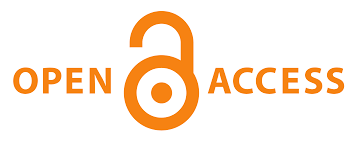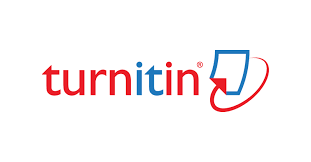Open Access Policy
JETLEE, the esteemed Journal of English Language Teaching, Linguistics, and Literature, stands at the forefront of the open access movement with a resolute commitment to enhancing the visibility and accessibility of scientific research papers. Our mission is to break down barriers and empower readers and institutions by providing seamless online access to a wealth of knowledge, all while maintaining an uncomplicated and user-centric approach.
Unrestricted Online Access: We firmly believe that valuable research should be freely accessible to all. JETLEE ensures that readers can explore our collection of scholarly articles without encountering any obstacles such as royalties, mandatory personal information submission, or cumbersome log-in procedures. We prioritize accessibility, allowing readers to engage with our content conveniently and efficiently.
Open Access Policy: Embracing the principles of open access, our journal liberates research from traditional limitations. Under the umbrella of our open access policy, every reader is granted the privilege to:
Read articles: Access and delve into the contents of articles, fostering a culture of knowledge sharing.
Download articles: Facilitate the seamless acquisition of research for personal use or scholarly purposes.
Copy and distribute articles: Empower readers to share insights and promote scholarly dialogue without constraints.
Print articles: Enable the creation of physical copies for reference or dissemination.
Link articles: Foster the interconnectedness of knowledge by freely linking to our articles from other sources.
Search articles: Facilitate effortless discovery through comprehensive search capabilities, encouraging effective research exploration.
No Charges: JETLEE's open access policy ensures that our readers are not burdened with any charges or fees for accessing, utilizing, or engaging with our articles. We firmly believe that knowledge should be unshackled from financial constraints, and we are dedicated to fostering a community where scholarly discourse and intellectual growth flourish unhindered.
At JETLEE, we champion open access not only as a concept but as a fundamental practice. Our journal is a beacon of free and unrestricted access, promoting the exchange of ideas, the advancement of research, and the empowerment of readers and researchers worldwide.
Under the Creative Commons Attribution-ShareAlike 4.0 International License
You are free to:
Share: You can copy and redistribute the material in any medium or format. This allows you to share the content with others, whether it's through traditional means or in digital formats.
Adapt: You have the freedom to remix, transform, and build upon the material for any purpose. This means you can take the content and create something new and innovative from it.
Attribution: When you use the material, you must give appropriate credit to the original creator, provide a link to the license, and indicate if changes were made. Proper attribution ensures that the original author is acknowledged for their work.
ShareAlike: If you remix, transform, or build upon the material, you must distribute your contributions under the same license terms as the original. This requirement ensures that the collaborative and open nature of the license is maintained.
No Additional Restrictions: You may not apply legal terms or technological measures that legally restrict others from doing anything the license permits. This ensures that the freedoms granted by the license are not hindered by additional restrictions.
Revocation Protection: The licensor cannot revoke the freedoms granted as long as you adhere to the license terms. This means your rights are protected once you've accepted the terms of the license.
Notices:
You do not have to comply with the license for elements of the material in the public domain or where your use is permitted by an applicable exception or limitation.
No warranties are given. The license may not give you all of the permissions necessary for your intended use. For example, other rights such as publicity, privacy, or moral rights may limit how you use the material.


